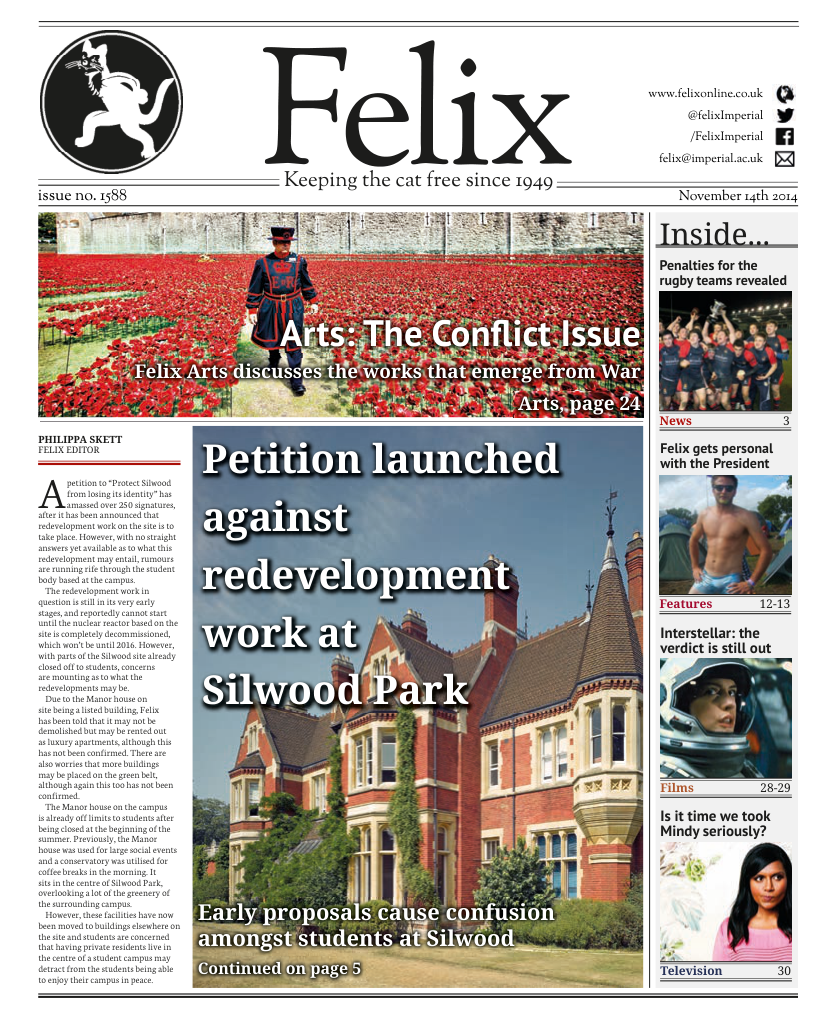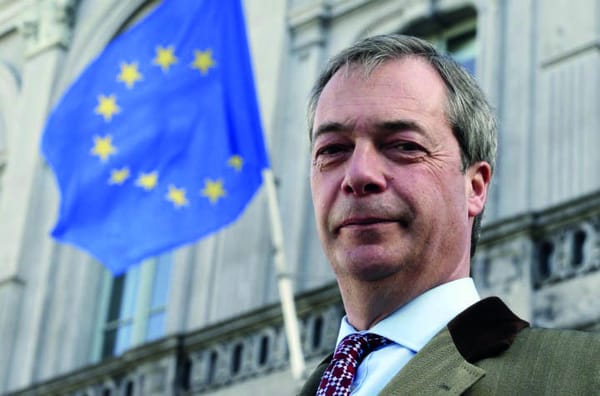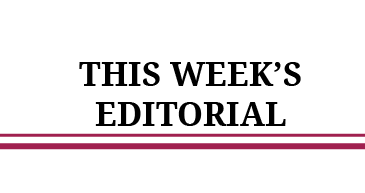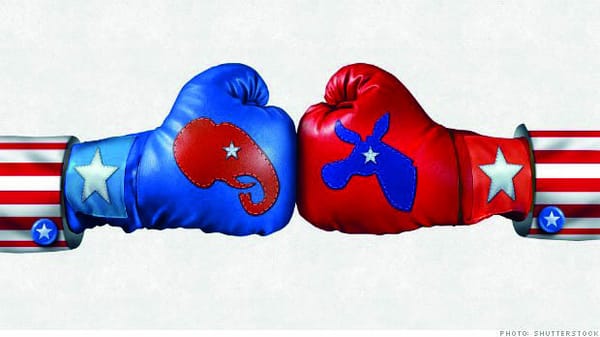The darker side to student journalism
Thomas Lim discusses Union censorship of student papers
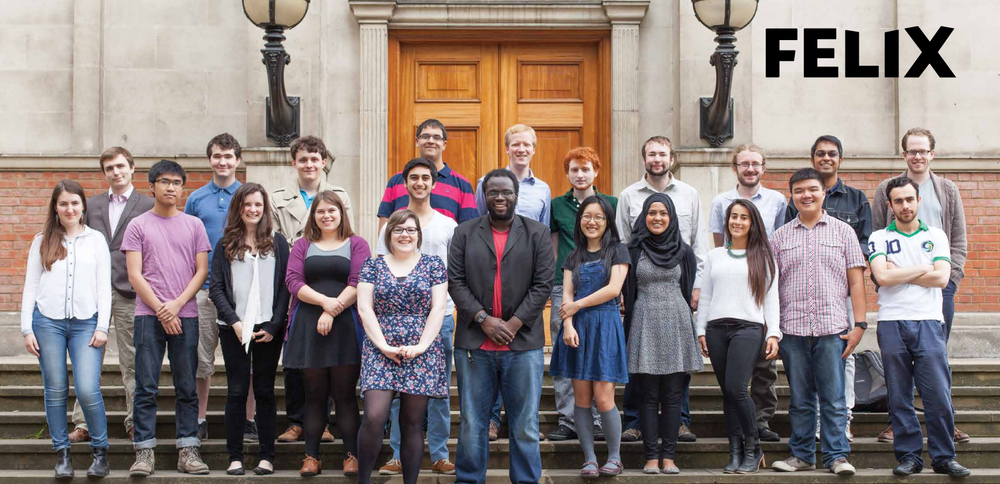
A recent article in _The Guardian _explored the world of student journalism, and the often strained relationship between student journalists and their Universities and Student Unions. One such story took place at Plymouth University last year, where the Editor faced thinly veiled threats from their Union, who would put her degree at risk if she covered a story about cuts to student amenities. When trying to run a story about how University staff had an all expenses paid trip to Miami, she was told by the University’s communications team that they would rather she didn’t print stories which portray the University in a bad light, adding that if she had gotten on better with the University, perhaps she could also have gone to Miami.
It was a similar case at Durham University, when a story about a controversial appointment of their new Master of University College caught the attention of the Union and University. Their Editor was also threatened with “serious disciplinary measures” and the University demanded to proof read each issue before publication.
The Ripple at Leicester was delayed going to print after their Union threatened to close the paper if a front page investigation into the Union’s engagement with students was not removed from the paper.
It’s only natural that institutions want to protect their reputation and image, but these stories show a worrying trend towards the idea that they can bend student media and student journalists to prevent the publication of critical pieces: effectively preventing them from holding their University and Union to account. As Universities have grown and expanded their operations, they look further afield for sources of funding. In parallel, rises in student fees means they face increased competition from rival institutions to attract students. The number of TV and tube adverts we see now for undergraduate degrees epitomises this change.
These changes have pushed Universities to act more like large corporations than they have ever done before. Image and corporate communications move up on the agenda. I don’t blame them for this – it makes a lot of sense. Image is important. It is, however, unrealistic to expect student newspapers and journalists to not investigate issues that affect them and their institution, or are of interest to the University community. In the rest of the world, spokespeople for big corporations will try and quell stories, but have no way of controlling what is reported. I fail to see why this should be any different within a University.
We must stay on the right side of defamation law (slander and libel), but this is the case with every publication. With the right training and guidance, this is achievable.
I’m proud that we can print without having our paper scrutinised by an Officer of Imperial College Union, or Imperial College London. The day when we have to submit every page for review will be a sad day for quality journalism and free press. As Professor Michael Bromley, interim Head of Journalism at City University said: “This all seems a bit Stalinist to me”.

